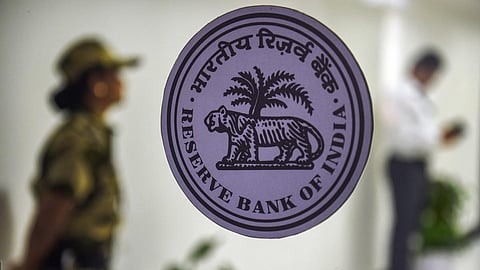

MUMBAI: The number of bank frauds has seen a significant rise during the first half of the current fiscal year, reaching 18,461 cases, while the amount lost has skyrocketed more than eight times to Rs 21,367 crore, according to the latest data released by the Reserve Bank of India (RBI) on Thursday.
The RBI’s ‘Report on Trend and Progress of Banking in 2023-24’ revealed that the number of fraud cases increased sharply from 14,480 in the same period last year. Meanwhile, the amount lost surged from Rs 2,623 crore in the corresponding period of the previous financial year to Rs 21,367 crore this year.
The report highlighted that frauds present multiple challenges for the financial system, including reputational, operational, and business risks, as well as an erosion of customer confidence, which can have implications for financial stability.
For the entire fiscal year 2024, the RBI noted that—based on the date of reporting by banks—the amount involved in frauds was the lowest in a decade, while the average value was the lowest in 16 years.
In fiscal 2024, internet and card frauds accounted for 44.7 percent of the total amount involved and 85.3 percent of the total number of cases.
Private sector banks reported the highest number of fraud cases, accounting for 67.1 percent in fiscal 2024. However, public sector banks accounted for the largest share of the amount involved in these frauds.
Instances of penalties imposed on regulated entities increased during FY24 across all bank groups, except foreign banks and small finance banks. The report stated that the total penalties more than doubled to Rs 86.1 crore during the year, driven primarily by public and private sector banks, while penalties on cooperative banks declined.
The RBI also noted that many cases of digital fraud arise from social engineering attacks targeting customers, alongside a rapid rise in the use of mule bank accounts to perpetrate such frauds.
"This exposes banks not only to serious financial and operational risks, but also to reputational risks. Banks, therefore, need to strengthen their customer onboarding and transaction monitoring systems to monitor unscrupulous activities," the RBI said.
The central bank further stressed the importance of coordination with law enforcement agencies to detect and curb systemic issues in a timely manner.
"There is also a need to have an effective co-ordination with the law enforcement agencies so that the concerns occurring at a systemic level are detected and curbed in time," the RBI added.